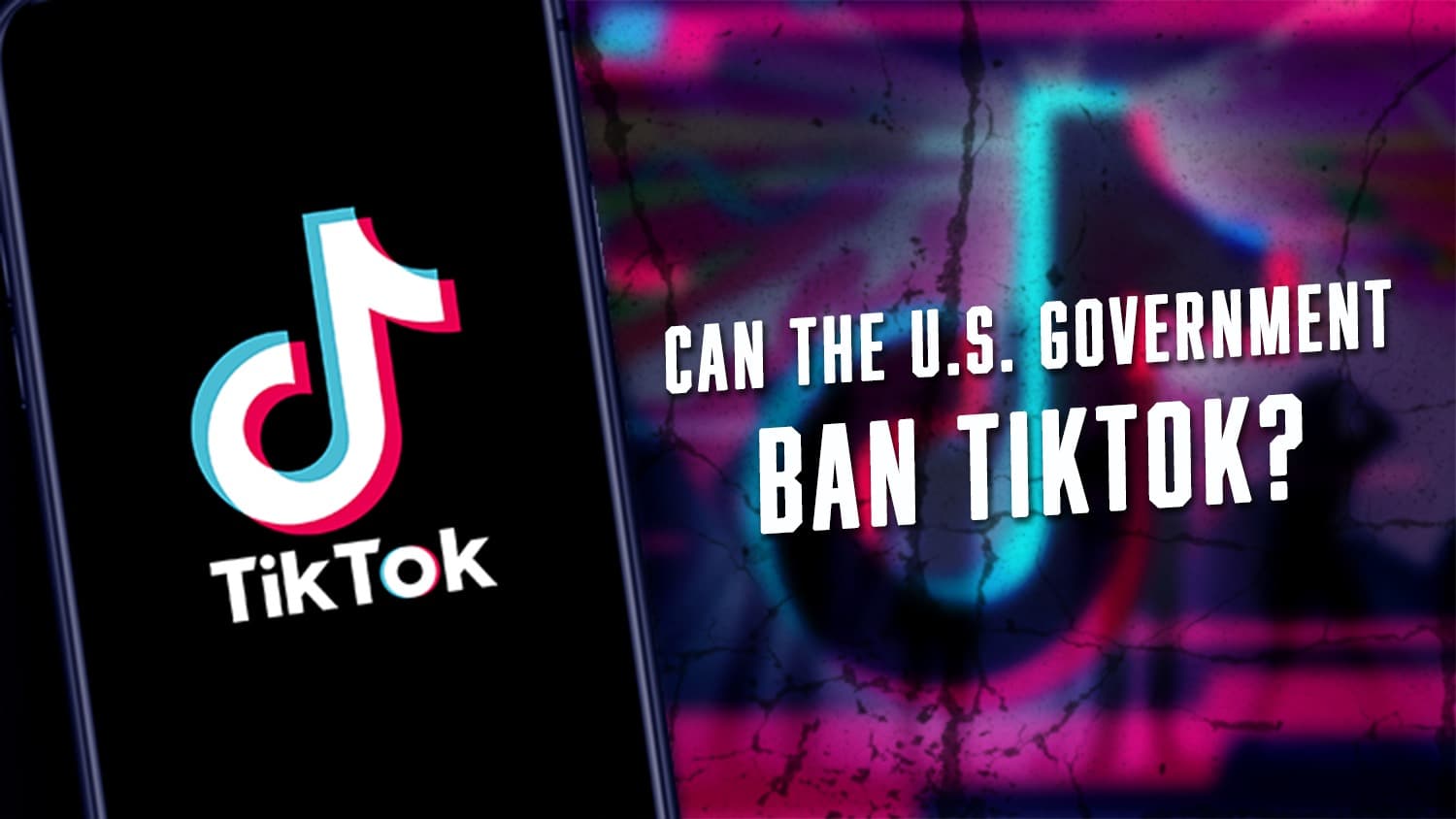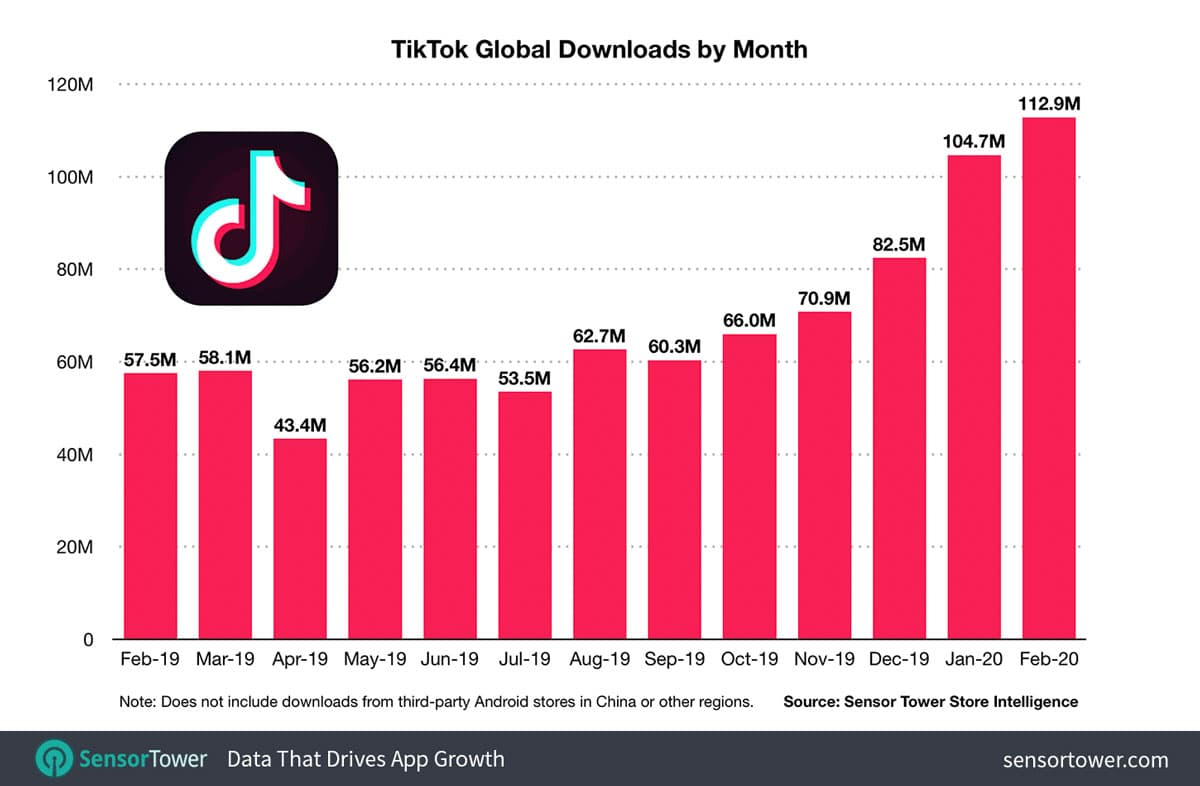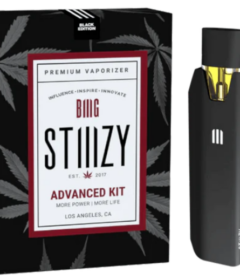Can the U.S. Government Ban TikTok?

TikTok Ban Bill is trending all over the internet. However, it’s no surprise as TikTok has been scrutinized by the U.S. government for years, with concerns ranging from data privacy to national security. The latest development is the testimony of TikTok CEO Shou Zi Chew before the House Energy and Commerce Committee on March 23, 2023. Many people wonder whether this could lead to the banning popular social media apps in the U.S. But can the U.S. government ban TikTok? This article explores this question’s legal, technical, and practical aspects and provides our analysis.
TikTok Ban Bill: The Legal Landscape
The legal basis for the U.S. government’s potential ban on TikTok rests on several statutes and regulations. One is the International Emergency Economic Powers Act (IEEPA), which grants the President broad powers to regulate commerce with foreign countries in response to national emergencies. The Trump administration used this act to ban TikTok and WeChat in 2020, but court rulings blocked the ban and were eventually withdrawn by the Biden administration.
Another statute is the Committee on Foreign Investment in the United States (CFIUS), which reviews and can block foreign acquisitions of U.S. companies that pose national security risks. In 2019, CFIUS launched an investigation into TikTok’s parent company, ByteDance, and compelled it to divest the app to a U.S. buyer, which led to the acquisition of TikTok by Oracle and Walmart. However, CFIUS needs to have the authority to ban TikTok outright.
The Senate idea of a TikTok ban bill, currently facing debate by politicians across the U.S. government, would likely face legal challenges on several grounds, such as First Amendment protection of free speech, Fifth Amendment protection of due process, and Administrative Procedure Act (APA) compliance with notice-and-comment rulemaking. Courts have already ruled against some aspects of the previous TikTok and WeChat bans, citing a lack of evidence, arbitrary reasoning, and procedural flaws.
TikTok has argued in court that its content moderation and data protection practices have improved and that any ban would violate its First Amendment rights and harm its U.S. users and partners. Third, TikTok could challenge any ban in court and argue that it violates international trade rules, such as the World Trade Organization (WTO) agreements, which prohibit arbitrary and discriminatory restrictions on imports and exports.
Highlights from TikTok Hearing Faces U.S. Ban
The Political Dynamics
The political dynamics of whether the U.S. government can ban TikTok are complex and multifaceted. On the one hand, some lawmakers and officials view TikTok as a national security threat, citing its Chinese ownership, data collection practices, and censorship of sensitive topics. On the other hand, some lawmakers and officials view TikTok as a platform for free expression, creativity, and cultural exchange and warn against government overreach and protectionism.
A significant concern is the opinions and attitudes of the public, especially younger generations who are the primary users of TikTok, which can influence political discourse and decision-making. A recent poll found that three-quarters of Gen Z and Millennial generation members believe it is the government’s responsibility to address social and economic issues, including transgender rights, crime, and the economy.
Technical Consequences of Banning TikTok
From a technical standpoint, banning TikTok is ultimately challenging to enforce. TikTok has over 100 million active users in the U.S., and its content is distributed through the internet and mobile devices, which are difficult to control.
Even if TikTok were removed from app stores and blocked by internet service providers, users could still access TikTok through virtual private networks (VPNs) and other means.
Furthermore, the TikTok ban bill could have unintended consequences, such as creating a black market for TikTok accounts and data or driving users to other social media apps that may pose similar or worse risks.
Practical View of App Bans in The United States
From a practical standpoint, banning TikTok could have economic, social, and political implications for the U.S. and other countries. TikTok has become a global phenomenon, with users and creators from diverse backgrounds and interests. Numerous businesses, especially small and medium-sized, rely on TikTok as a form of marketing for reviews and product displays.
TikTok’s Popularity in the United States: A Look at its Growth and Impact
The social media app TikTok has gained a significant following in the United States in recent years. As of March 2023, the app boasts 150 million active users in the country, up from the 100 million it had in 2020. The video-sharing platform has become particularly popular among teenagers and young adults, with two-thirds of teens reporting using it.
However, the app’s Chinese ownership has raised concerns about national security and the potential to share private data with the Chinese government. Data collection has become increasingly controversial, which has led to discussions about banning the app in the United States.
Despite the controversy surrounding TikTok, its popularity in the United States continues to grow. In just two years, the percentage of U.S. adults who say they regularly get news from TikTok has tripled from 3% in 2020 to 10% in 2022. The platform has reported high earnings over the past year, and many businesses and creators have found success using the app.
TikTok’s Impact on Social Media
TikTok’s popularity in the United States has significantly impacted social media. The app’s unique algorithm, which shows users content based on their viewing habits, has challenged the dominance of other platforms like Facebook and Instagram. The short-form video format has also become more prevalent, with Instagram and YouTube introducing their versions of TikTok-style video features.
Since the platform was launched, TikTok has provided a platform for users to share their creativity and unique talents, such as dance, music, and comedy. The app has given rise to new internet celebrities and has provided a way for small businesses to reach a larger audience.
Bill To Ban TikTok – App Downloads Continue to Grow
The Debate Over National Security Concerns
While TikTok has become an integral part of social media in the United States, its ownership by Chinese company ByteDance has raised concerns about national security. There have been allegations that the app could share user data with the Chinese government, which could pose a risk to U.S. national security.
The U.S. government has taken steps to address these concerns, with former President Donald Trump issuing an executive order in 2020 that would have banned TikTok in the United States. However, a federal judge later blocked the order, and TikTok could continue operating in the country.
Security Concerns with TikTok
TikTok’s parent company, ByteDance, is based in China, and this has led to concerns about the app’s security and privacy practices. The U.S. government has accused TikTok of collecting users’ personal data and sharing it with the Chinese government, posing a national security risk.
According to the U.S. government, TikTok collects significant user data, including location data, device information, and browsing history. This data can be used to create a detailed profile of users, which can further be used for targeted advertising or other purposes.
There are concerns that TikTok’s algorithms could be abused or manipulated to promote propaganda or disinformation campaigns, significantly influencing public opinion. The U.S. government has cited these concerns for the ban on TikTok.
Impact of the TikTok Ban on Users and Business
The ban on TikTok would significantly impact its users, who number in the millions in the U.S. alone. Users would no longer be able to access the app or its content, which could have social and cultural implications.
Many users have turned to TikTok to express themselves creatively and connect with others, and the ban would take away this platform. It could also impact businesses that rely on TikTok for advertising or marketing purposes.
Business Advertising and Exposure
The ban on TikTok could also significantly impact businesses that rely on the app for advertising or marketing purposes. Many small businesses and companies have succeeded on TikTok by creating viral videos showcasing their products or services.
If the TikTok ban bill passes, businesses must find alternative platforms to reach their target audiences, especially those harming small businesses and social media influencers. For many companies, shifting to a different marketing platform could be challenging, as TikTok has a unique format that is difficult to replicate on other platforms.
National Security Affairs
The U.S. government wants to ban TikTok primarily because of national security concerns. The United States government has accused China of using its technology companies to spy on other countries. Given that TikTok is owned by ByteDance, a Chinese company, the United States government fears the platform may be used to collect data on American citizens.
TikTok has denied these allegations, stating that it stores all U.S. user data in the United States and Singapore, with backups in Canada. The company also said that its data centers are located entirely outside China and that none of its data is subject to Chinese law.
However, the United States government remains unconvinced, and the ban is a precautionary measure to protect U.S. national security.
Data Privacy Issues
Data collection and privacy have become hot topics in the past few years, and TikTok collects significant user data, including location, device information, and search history. The company also has access to users’ cameras and microphones.
While TikTok claims that it stores all user data in the United States and Singapore, it needs to be defined how the company uses this data. The United States government is concerned that TikTok may be sharing this data with the Chinese government, compromising the privacy of American citizens.
Ripple Effects of the TikTok Ban Bill
The U.S. government’s decision regarding the TikTok ban bill relies on concerns about the app’s security and privacy practices. While these concerns are valid, the ban would greatly affect users and businesses.
A TikTok ban would seriously disrupt the platform’s users and social media landscape. The platform has over 100 million users in the United States alone, and a ban would deny them access to one of the world’s most prevalent social media platforms.
Users would no longer be able to access the app or its content, which could have social and cultural implications. Businesses relying on TikTok for advertising or marketing must find alternative platforms to reach their target audiences.
Even more problematic is that this bill to ban TikTok could set a precedent for other countries to ban the platform, damaging its global reach and potential for growth. It could also lead to a backlash against other Chinese-owned technology companies, which could cause a ripple effect on the global economy.
It’s a heated debate in Washington whether the TikTok ban bill can pass, and if so, we can guarantee it will have devasting effects. TikTok has become an important part of the digital ecosystem, and its potential ban concerns many people. Data privacy clarification is a significant issue, but it needs to be discussed and transparent rather than outright banned.







